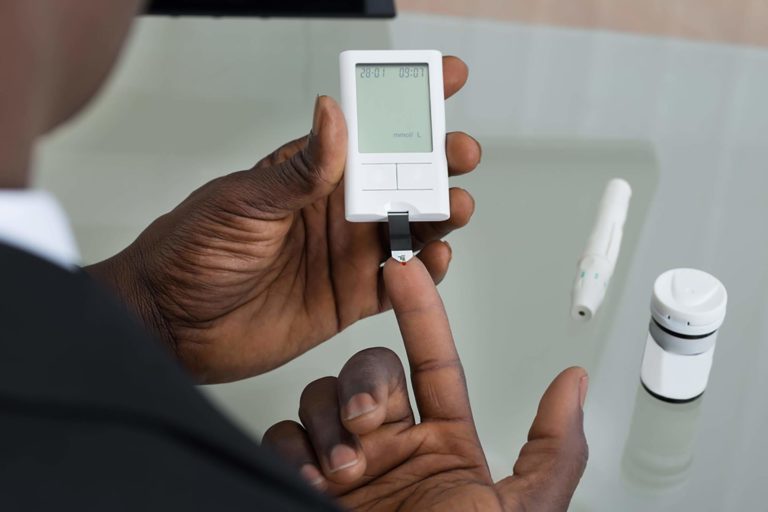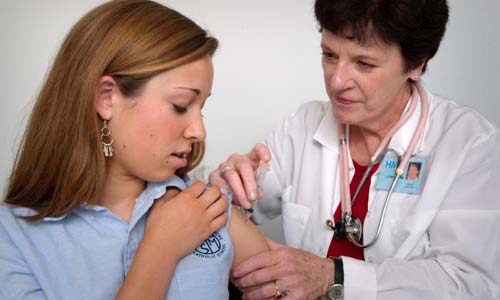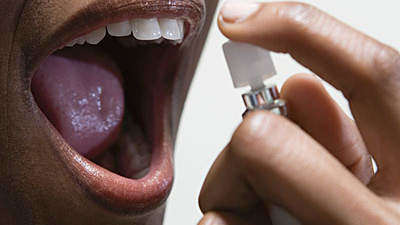
We all know that germs can make us sick — from the cold virus that zaps our energy to bacteria like E. coli or salmonella that throw our stomachs for a loop.
Germs, or microbes, are tiny organisms that live all around us, in the air; in the soil and water; and on food, plants, and animals (including on and in our bodies). Most germs are not harmful, but rather help us when it comes to synthesizing vitamins, maintaining digestive and immune system health, and breaking down food into nutrients.
Some microbes, however, do wreak havoc, making people sick or even causing death. As you probably guessed, our personal items are grosser than we think. Here’s what might be living on your phone, your gym clothes, your handbag…
Your phone
Cell phones deliver more than messages: According to University of Arizona microbiologist Charles Gerba, PhD—aka Dr. Germ—these electronic wonders are often coated with everything from fecal matter to MRSA, the antibiotic-resistant evil cousin of staph.
“Sharing your phone can make the problem even worse,” he explains. “The bacteria that lives on your skin probably won’t make you sick, but someone else’s just might if you rub your eye or eat before washing your hands.” The solution? “Wipe your phone down with an alcohol-based towelette at least once a day,” advises Dr. Gerba.
Your pocketbook or backpack
Purses go where we go: to the store, to restaurants, and to the bathroom, where, more often than not, they’re plopped onto the floor. Then you come home, toss it onto the kitchen counter, and go through the mail. Guess what you’ve left on your counter, waiting for you to start dinner? Dr. Gerba says probably an icky mess of E. coli and other germs.
Reusable grocery bags
You remembered to take your own grocery bags into the store—congratulations! Now, when was the last time you cleaned them? If you can’t remember, don’t feel bad: Dr. Gerba shares that just 3 percent of people wash theirs regularly.
What’s at risk? “The meat leaks, you don’t notice, then back the bags go into your warm, dark trunk,” he explains. “Two days later, you put a head of lettuce in the same bag. Now you’ve got the makings of salmonella salad.” It’s an easy fix—toss your bags into the washer or spray them down with a bleach-based cleanser after every use.
Your yoga mat
“You name it and you’ll find it on a floor,” says Philip Tierno, PhD, a microbiologist with NYU Langone Health. “When you roll up your yoga mat, anything it has picked up transfers from the floor to your hands and the other side of the mat.” The solution? Take the time to disinfect your mat after every use. And it’s not just the floor.
Water bottles
Still carrying a plastic water bottle? According to Dr. Tierno, you might want to consider switching to metal. “Metal can be inhibitory to bacterial growth,” he says. “Plastic may allow microorganisms to adhere, build up, and create a biofilm, which encourages their growth.”
Although not all of these germs can cause disease, play it safe and use a bottle brush to scrub the inside of your water bottle every day, especially if you’ve filled it with something other than water.
Gym clothes
Sweaty workout wear is more than gross: It can also carry pathogens like rhinovirus and staph that you may have picked up at the gym. And if that isn’t bad enough, some workout clothes get worn more than once before they’re washed.
“That time between washings not only gives the germs time to incubate, but can also create an environment where mold can grow,” says Steven Fiester, PhD, a microbiologist with the University of South Carolina School of Medicine. “Get in the habit of washing your gym clothes after every workout.”
Contact lenses
Scientists know that most of the bacteria we run into is beneficial, but when it comes to your eyes, it’s best to stay squeaky clean. “Contacts may come out of the case sterile, but if you pop them into your eyes with a dirty finger you run the risk of everything from conjunctivitis to an infection of the cornea,” says William Schaffner, PhD, an infectious disease and public health specialist at Vanderbilt Medical Center. “Keep your hands clean and you’ll be amazed at how healthy you’ll stay.”

























